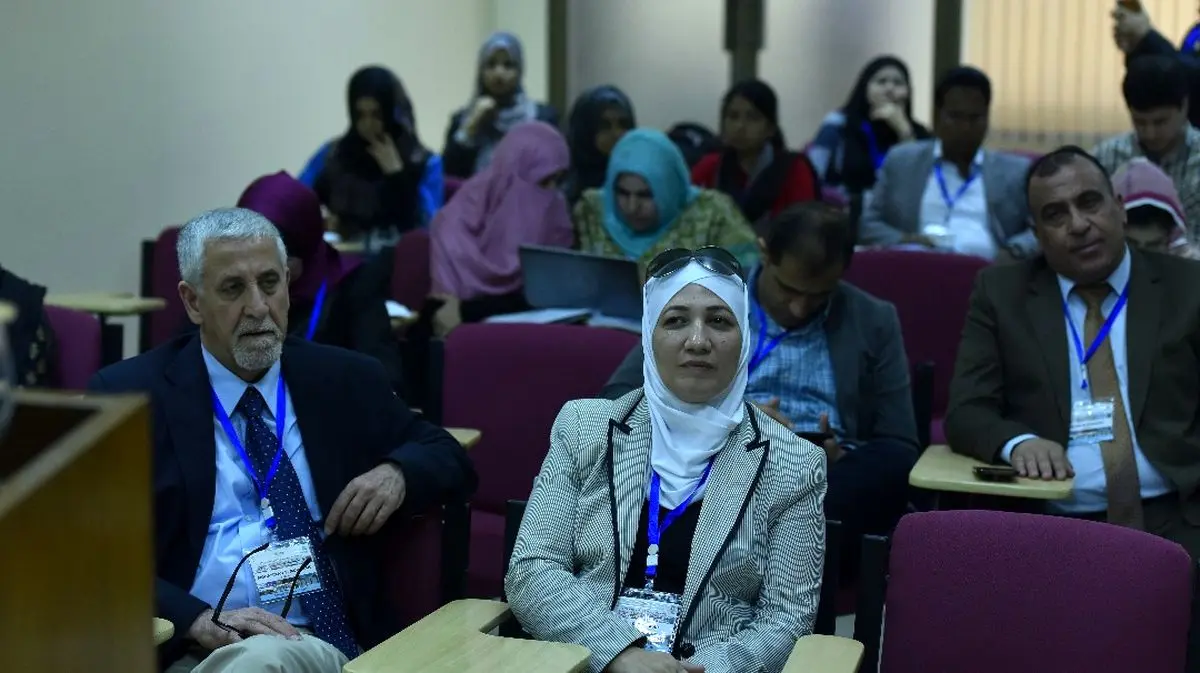New findings on cancer treatment presented at the STEP5 panel discussion

The panel for latest achievements in medicinal chemistry was held at the Dr. Panjwani Center for Molecular Medicine and Drug Research, ICCBS, of the university of Karachi of Pakistan which co-organized the 5th round of the Science and Technology Exchange Program (STEP) in Islamic countries with Mustafa(pbuh) Science and Technology Foundation) MSTF(.
During the third day of the STEP5 event at the International Center for Chemical and Biological Sciences University of Karachi, scientists presented their lectures on their achievements on curing cancer.
Mohammad S. Mubarak, professor of Chemistry at the Jordan University, on cancer treatment methods, specifically synthetic agents and the use of amidrazone.
“We are just taking the first steps, we should go further through discovering new compounds,” he said.
Ziad M. Bataineh, professor at Jordan University of Science and Technology, further took the floor talking on cancer treatment, specifically with the use of herbal plants, like nigella sativa.
While natural herbs are found to be helpful in the field of cancer treatment, scientists are now trying to separate the main elements in the compounds to be used in drugs.
As the next speaker, Tamam M. El-Elimat, professor of the Jordan University of Science and Technology, presented on the role of products in drug discovery and development.
Her finding highlighted the biosynthetic potential of fungi to create novel chemical structures, encourage continued discovery of new agents and activities and provide motivation usher natural products to the clinic.
Later on, Wasim Jafri, professor of medicine and head of the gastroenterology section at the Aga Khan University in Karachi, Pakistan, underlined drug-induced liver injury (DILI) due to its importance in regulating the internal metabolism of compounds. This is while, “approved drugs are the main cause of liver injury”.
“While, drugs are intended to benefit people, there are some drugs which can damage liver and also there are people who are susceptible to the DILI,” he added. As a result, he suggested that predictive biomarkets of DILI / HILI are needed to identify susceptible patients.
Finally, M. Kamran Azim, elaborated on the genomics of hypomagnesemia with secondary hypocalcemia.
Science and Technology Exchange Program (STEP) in Islamic countries was set up to create an atmosphere of cooperation and interaction between experts and scientists in the Islamic countries. The project aimed to elaborate on the science and technology discourse and develop the network of relation among the scientists of the Islamic world.


